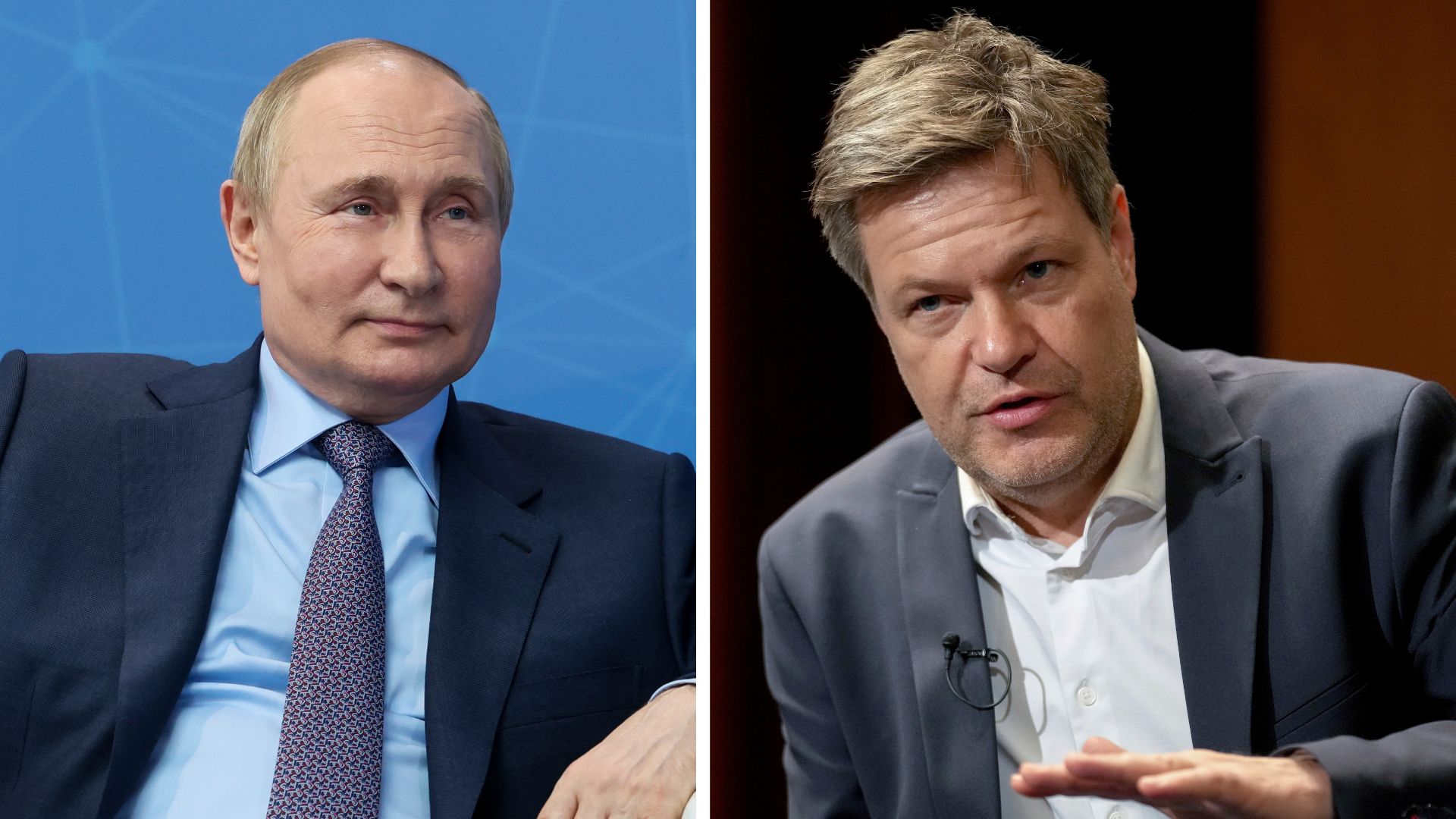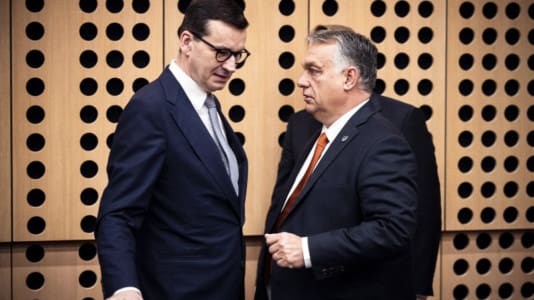The Russian gas cuts this week that led to a dramatic rise in gas prices are “politically motivated,” warned German Minister of Economy Robert Habeck. His comments came after gas prices on European markets had risen by about 70 percent since Monday following Russia’s decision to reduce gas flows by approximately 60 percent through the critical Nord Stream 1 gas pipeline.
“What happened there yesterday is a political decision,” Habeck stated during the Federal Press Conference on June 15.
The vital energy resource is now selling for more than €140 per MWh According to RIA Novosti, Russian Ambassador to the EU Vladimir Chizhov said persistent problems with repairs to compressor stations could lead to Russia shutting down the Nord Stream 1 pipeline altogether.
Such a scenario would be a disaster for Germany, as the country is dependent on gas supplies through the pipeline. Russia’s state-owned Gazprom has already cut gas supplies to Nord Stream 1 by about 60 percent this week, reducing its maximum supply from the usual 167 million cubic meters to 67 million cubic meters per day.
[pp id=39637]
Just this week, Klaus Müller, the head of Germany’s Federal Network Agency, painted a bleak picture for the upcoming winter, telling the German newspaper Rheinische Post that rising gas prices and bankruptcies will “send shockwaves throughout the country. Banks will ramp up their business with installment loans, and ailing companies will fall into insolvency.”
Müller’s agency serves as Germany’s regulatory office for electricity, gas, telecommunications, postal services, and railway markets, which means the agency is largely responsible for the sectors most likely to be affected by a Russian gas cut.
Although this week’s reduction in gas flow does not necessarily present an immediate emergency for Germany, the country is working to build up its natural gas reserves in preparation for winter. Any Russian cuts now mean that Germany could be left with critically low reserves in the near future.
Germany claims cuts are “politically motivated”
Germany is not the only country facing significant pressure. The Italian energy company Eni announced that Gazprom will supply it with only 65 percent of the agreed upon gas volume on Thursday, and Austria’s OMV stated that it would also be taking in less gas from Gazprom, according to a report from Czech news outlet Irozhlas.
The price of a key futures gas contract delivered in July reached €145 per MWh at the Title Transfer Facility’s (TTF) virtual trading hub in the Netherlands shortly after noon, an increase of about 20 percent compared to the previous day. TTF prices are decisive for the European market. On Monday, the price was slightly above €80, illustrating how fast the price has risen.
[pp id=37932]
Kremlin Spokesman Dmitry Peskov said that consequences from the sanctions imposed on Russia by Western countries over the invasion of Ukraine were behind the restrictions on gas supplies to Europe, and Russia had not planned to restrict supplies in advance. According to Peskov, problems with Siemens turbines are to blame, with sanctions restricting the German company from making repairs that would keep gas flowing. However, German Minister of Economy Robert Habeck rejected this explanation and described Gazprom’s move as politically motivated.
Gradual increase in prices
Gas prices began to rise last autumn. According to some economists, the process started in connection with the European Green Deal, in which the European Union set a timetable for a rapid shift away from fossil fuels.
A year ago, the price of gas in the TTF was around €19 per MWh, but before the end of last year, it exceeded €120 per MWh before falling again. Shortly after the Russian invasion of Ukraine, the price temporarily hit €345.
Gazprom no longer exports gas west through the Yamal-Europe pipeline, with supplies stopping after Russia imposed retaliatory sanctions on EuRoPol Gaz, which owns the Polish section of the pipeline. Now, Russian gas flows through this pipeline only in the eastern direction, from Germany to Poland. In addition, Ukraine decided in May to stop allowing Gazprom to send Russian gas through Sochranovka Station, one of two transit points on Ukrainian territory. The volume of Russian gas flowing to the EU via Ukraine has thus decreased by about a third.
Blocking gas supplies
The newly completed Nord Stream 2 gas pipeline also runs in parallel with Nord Stream 1. It could double the gas capacity that Russia can supply to Europe, but Germany has blocked the project due to the Russian invasion of Ukraine.
The lower volume of supplies raises concerns about whether it will be possible to fill gas storage facilities before the winter, as planned by the governments of individual EU countries.
The Slovak company SPP and the Czech power company ČEZ stated through the Reuters agency that the restriction of supplies has no effect on its customers. But, according to previously contacted experts, the Czech Republic would also feel the energy crunch if gas supplies were halted to Germany.
More expensive alternatives
At the same time that Russian gas supplies to Europe are dwindling, the U.S. company Freeport LNG is also facing serious problems. Its LNG terminal is one of the largest export facilities of its kind in the United States. Recently, LNG was flowing from this terminal towards Europe to make up for a shortfall in Russian energy supplies. However, a fire at the terminal means it will be out of operation until at least September and will not return to full capacity until the end of the year. Originally, the company expected to resume operations in about three weeks. The news comes as another blow to a Europe desperately seeking energy alternatives.
Long before the war, EU member states began reducing their dependence on the then cheap Russian gas and replacing long-term contracts with short-term ones, where prices tend to be significantly higher. Converted to one million British thermal units (mmBtu), the price of gas for the European market in the TTF is now above €42 per mmBtu, while a year ago, it was just €6.20. The price of LNG for the Asian market is now above €21.90 per mmBtu, while a year ago, it was about €7.10.






